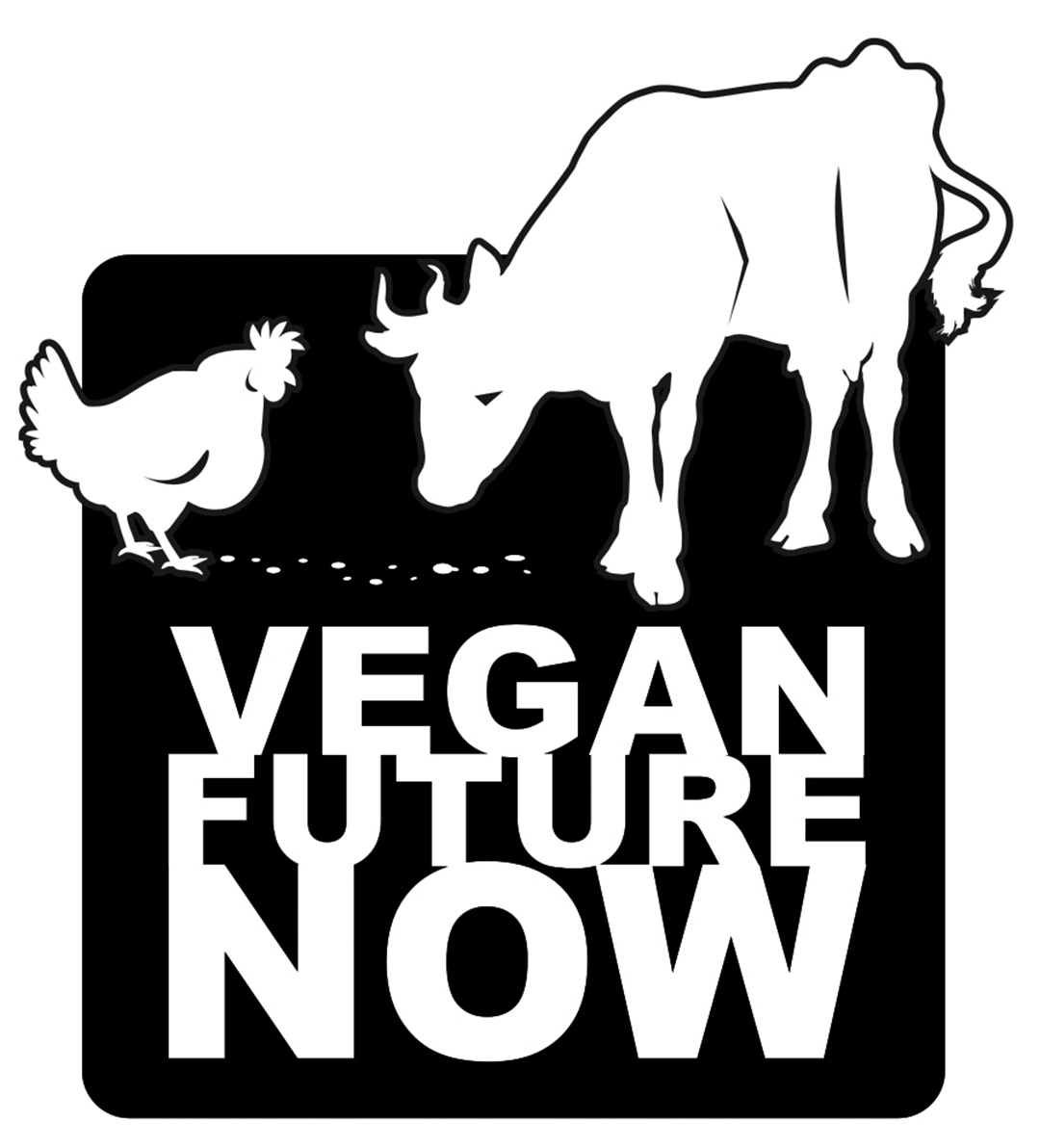“While someone telling us they’re trying to lose a couple of pounds does not say anything about our own weight, someone telling us that they avoid certain products out of a concern for our common planet and the other beings on it implies that everyone ought to act according to these same concerns.”
I've yet to meet a vegan unfamiliar with sudden and unprovoked displays of aggression from distant acquaintances and total strangers: the colleague who pouts because you can't eat the birthday cake she brought to the office, or that guy at the buffet who, upon finding out why you're fussy-picking over the food, sees it as an opportunity to give an impromptu lecture about why he will eat his meat, and you won't stop him. (You never tried to. You were just getting something to eat, like everyone else at the party.) When I first went vegan, I was dumbfounded by the aggression of non-vegans toward my literally harmless food choices, and I thought it was the veganism itself that upset people. But the more of these encounters I had and the more I heard and read about other vegans‘ experiences, the more I realized that it wasn't my vegan diet that irked people, but my reasons for it. It wasn't my merely being vegan that provoked backlashes, but why I was vegan.
Vegans shun animal products for myriad reasons. I went vegan solely because I believe in the rights of animals. Others do it for environmental reasons. But there are also people who go vegan because of their religion or due to food sensitivities, while some, like Bill Clinton, simply want to improve their health or lose weight. In my experience and from my knowledge of other vegans' experiences, non-vegans feel provoked by vegans whose food and life-style choices are motivated by animal rights or a concern for the environment, but not nearly as much by religiously- or health-motivated vegans.
I can think of many, many reasons not to eat these carcasses, but perhaps only one or two of those reasons would upset a complete stranger.
When that angry guy from the buffet asks me why I'm warily studying the food, I could appease him by saying: “I'm on a diet,” or “I'm lactose-intolerant.” Unthreatened by such a response, he would probably nod and leave me alone. It's only when I say: “I do it for the animals,” or “I do it for environmental reasons,” that he becomes irritated. Diet, health, and religion are considered relatively private issues in the U.S. and while we may unwittingly judge others based on their appearance or religious beliefs, at least in theory we believe that these things are their private business. And, more important, we in turn don't feel that their appearance or religious practices reflect in any way on our own character. Animal rights and environmentalism, on the other hand, are by definition non-private issues. Being kind to animals may be a reflection of my personal integrity, and ensuring there's still a livable planet around in a few decades is arguably also self-serving, but intrinsically, both are outward-directed motivations. It's about the animals, not my pleasure. The environment, not my convenience.
While someone telling us they're trying to lose a couple of pounds does not say anything about our own weight, someone telling us that they avoid certain products out of a concern for our common planet and the other beings on it implies that everyone ought to act according to these same concerns. Vegans motivated by animal rights or a concern for the environment don't have to openly criticize others to make them feel judged. And that's when non-vegans' guilty conscience and defensiveness kick in. You know you've hit a nerve when someone defends himself against a charge of which he was never accused.
“Religious and health motivations are perceived as entirely private concerns, whereas animal rights and the environment are causes outside of the individual, that others could and should get involved in, too.”
Of course, many non-vegans are reluctant to admit this. Whenever I've actually confronted them about their baseless aggression towards me, they've responded that vegans are annoying guests, ungrateful, picky eaters, a nuisance at every party, wet blankets and so on. No one has ever told me: “You make me feel judged, and I don‘t like that.” But regardless of what non-vegans are willing to concede, it's not the minor inconvenience of providing cruelty-free foods, but the fact that vegans make others feel judged that makes our life-style choice the object of such unwarranted scorn. People who have diabetes, nut allergies, or a sensitivity to gluten are not regarded as a nuisance or as a challenge, even though they can't unthinkingly eat whatever is put in front of them. Whether someone is vegan for religious, health, animal rights, environmental, or any other reasons, they're always going to need special meals. But only animal rights and environmental reasons cause non-vegans to feel threatened and lash out. Religious and health motivations are perceived as entirely private concerns, whereas animal rights and the environment are causes outside of the individual, that others could and should get involved in, too. Unwittingly, through their aggression toward vegans motivated by animal rights or environmentalism, non-vegans show what veganism is not: a private matter.
Ulrike Bialas is a Berlin-based writer and the founder of VeganZeitkritik.com, which provides "Vegan Commentary On A Non-Vegan World". Visit her site and follow her on Twitter @VeganZeitkritik

